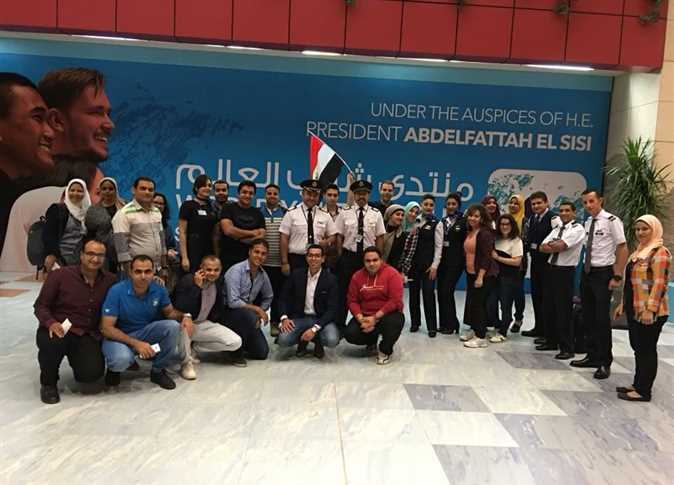The Arab and African Youth Platform kicks off in Aswan on Monday and will run until 18 March after President Abdel-Fattah El Sisi announced the city as the capital for African youth during the last World Youth Forum. In its first edition, the conference aims to shed light on potential and current advancements in research, healthcare, technology and science in the Arab World and Africa. Participants representing different countries from both regions hope to find solutions to region-specific and international challenges. According to the World Youth Forum’s website, “The Arab and African Youth Platform will hold various sessions, workshops, and roundtable, which will bridge the gap between our young promising leaders and top policy and decision makers.” United Nations’ Commission of Africa (UNCOA) revealed that the youngest population in the world exists in Africa and its growing at a high rate. In 2017, around 41 percent of the continents population was under 15 years old and 19.4 percent were between the ages of 15 and 24, “Africa’s Youth and Prospects for Inclusive Development” study reported. “It is clear then that by sheer numbers alone, the choices, opportunities and constraints of…
Arab and African Youth Platform Hopes to “Bridge the Gap” Between the Youth and Policy Makers
March 17, 2019



